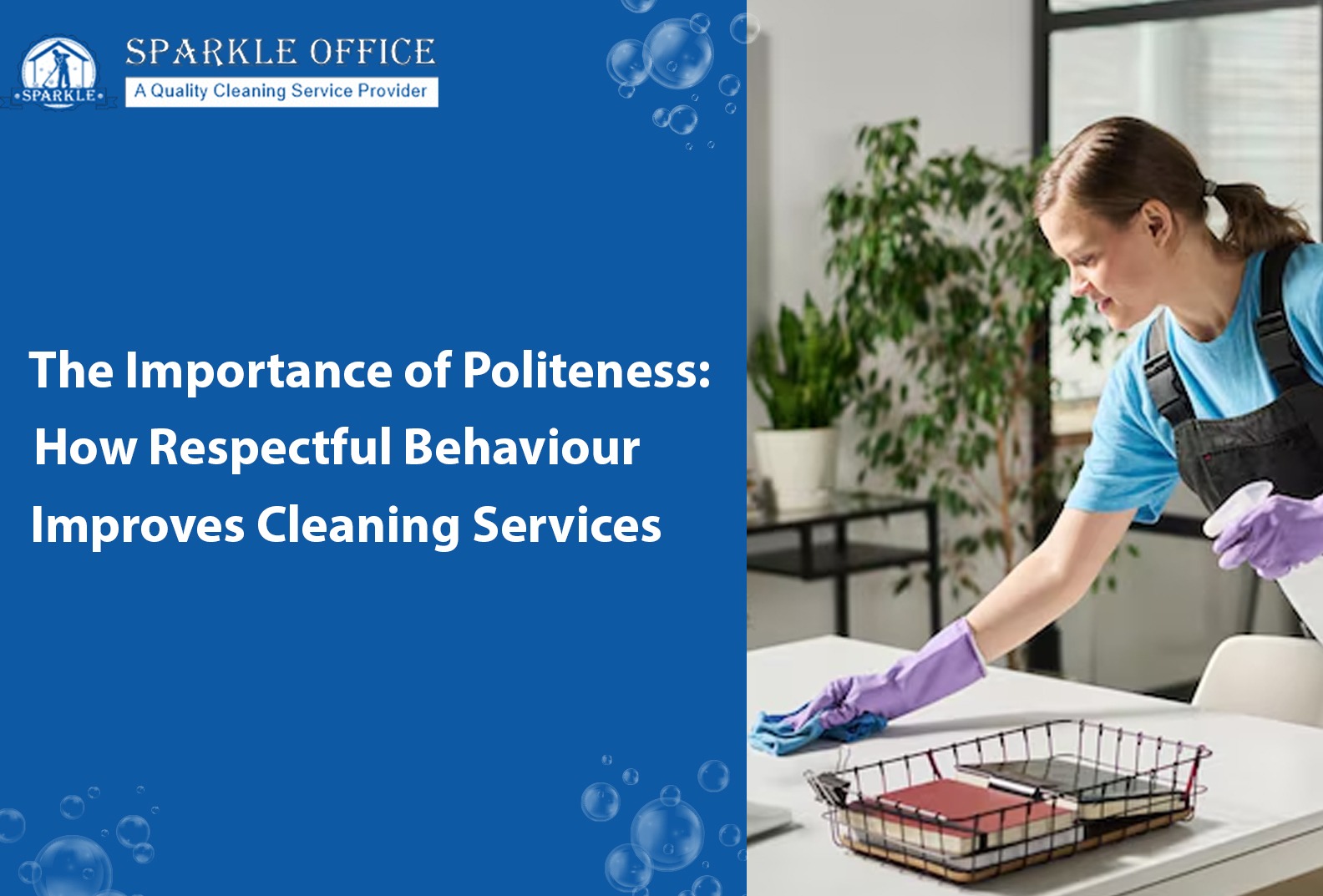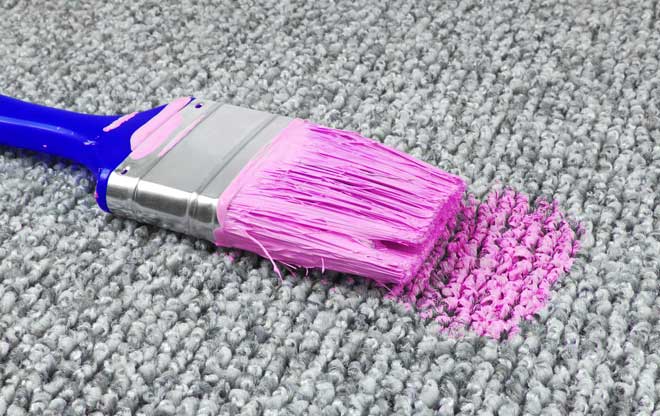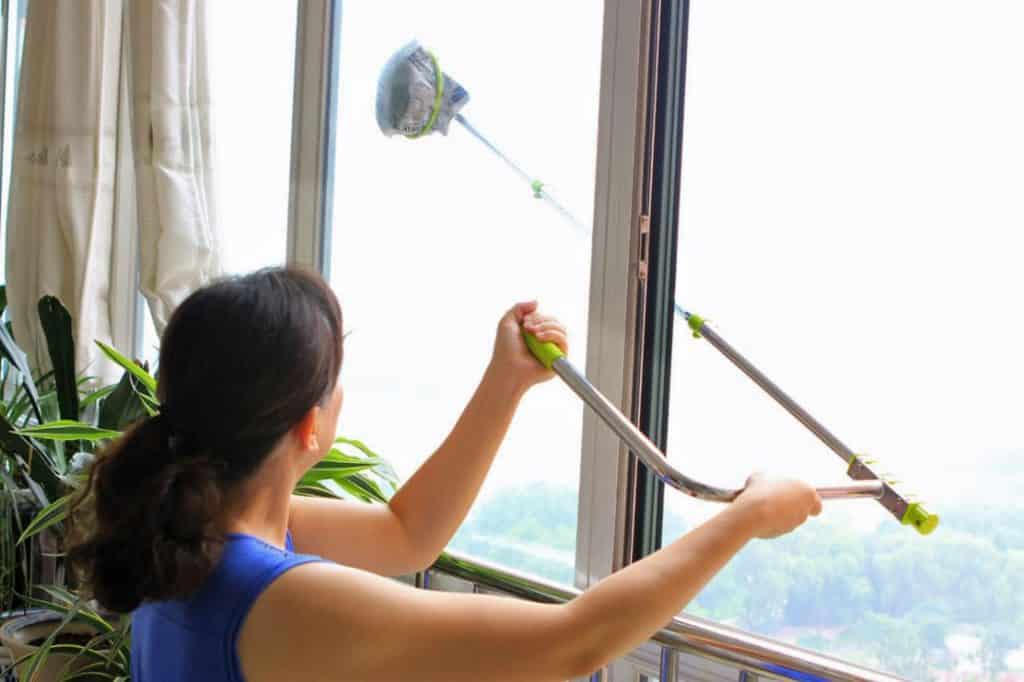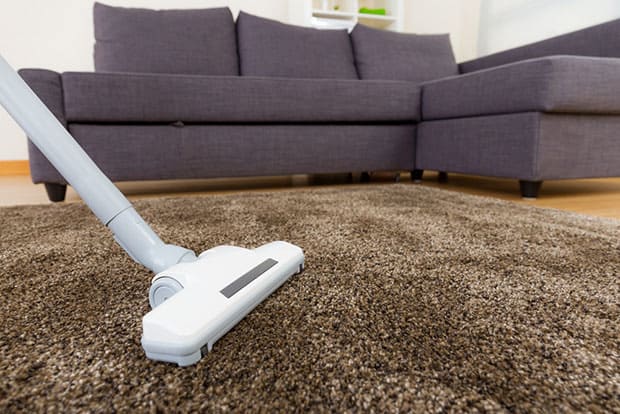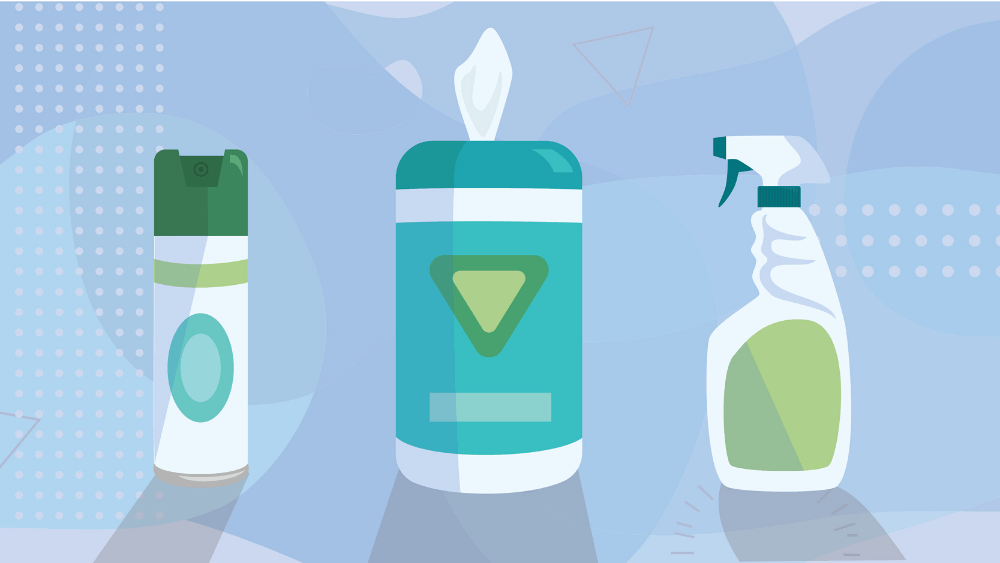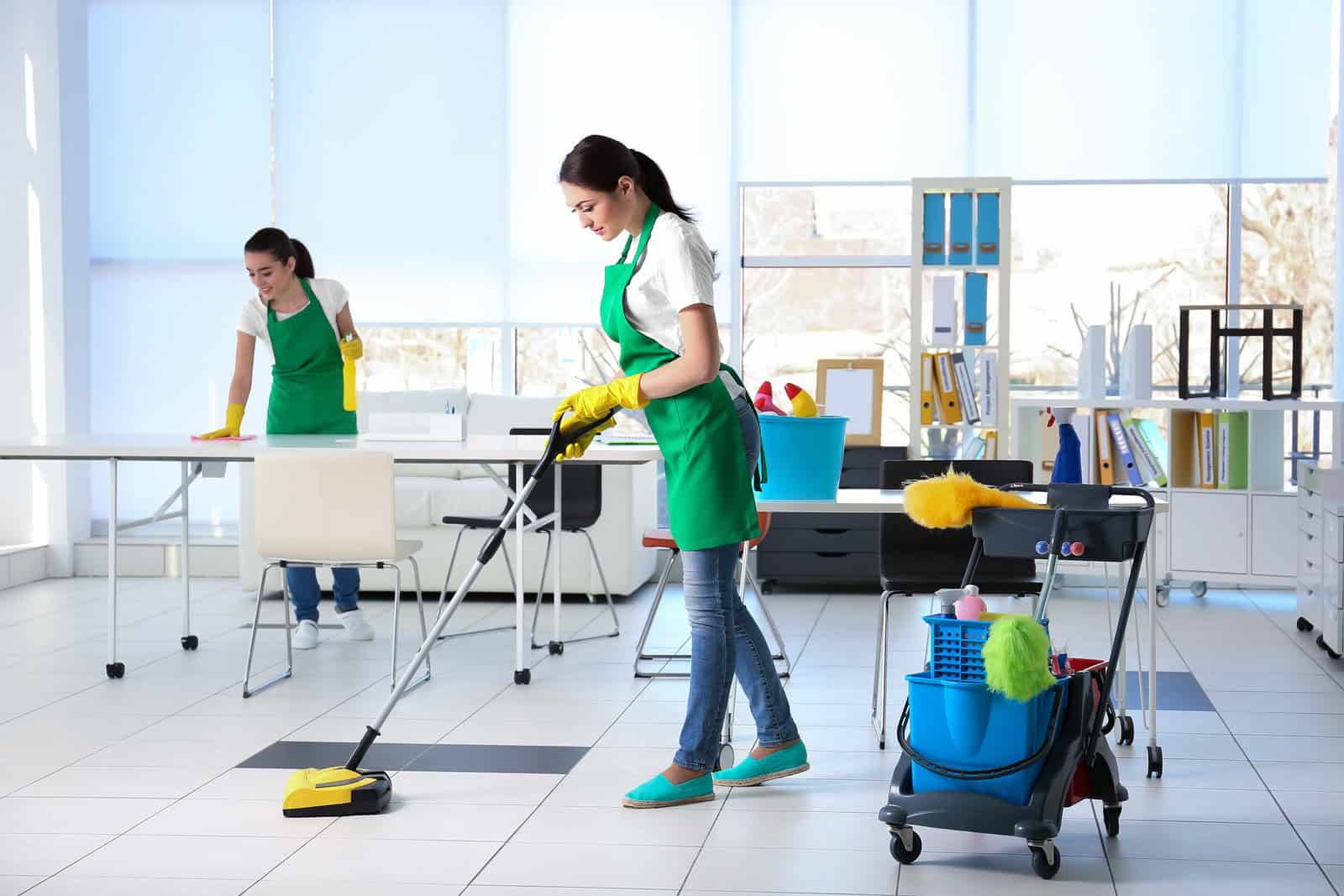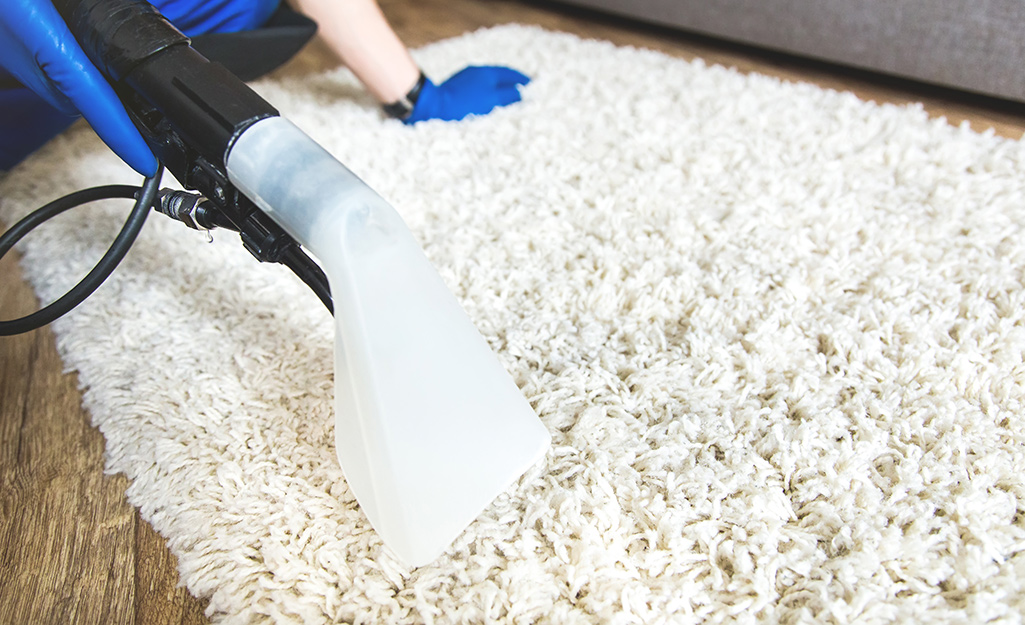14 November 2025
The Importance of Politeness: How Respectful Behaviour Improves Cleaning Services
In Australia’s fast-growing cleaning industry, skills, tools, and efficiency are often the first things people think about when evaluating service quality. But there’s another factor that quietly defines professionalism — politeness. Whether it’s a team providing commercial cleaning for offices in Melbourne or residential cleaning for family homes in Sydney, respectful behaviour plays a critical role in building trust, ensuring safety, and improving overall satisfaction for both clients and staff.
1. Politeness Builds Professional Trust
When cleaners approach their work with courtesy — greeting clients warmly, communicating clearly, and respecting privacy — it immediately establishes professionalism. Clients are far more likely to trust and retain cleaning companies that value respectful interaction as much as cleaning quality. In the Australian service market, where reputation drives repeat business, this trust is essential. Many successful cleaning services attribute their client retention not only to their skill but to their polite, reliable workforce.
2. Respect Enhances Team Morale and Efficiency
Politeness isn’t just client-facing — it starts within the team. Respectful communication among cleaners, supervisors, and management fosters collaboration and pride in the job. A courteous work culture reduces conflict, improves morale, and helps ensure tasks are completed efficiently. According to insights from the Building Service Contractors Association of Australia (BSCAA), cleaning companies that prioritise respectful training and positive communication see fewer staff turnovers and higher performance consistency.
3. Client Comfort and Privacy Matter
Cleaners often work in private or sensitive environments — offices, schools, hospitals, and homes. Respectful behaviour, such as knocking before entering rooms, avoiding unnecessary conversation during client meetings, and handling belongings with care, reassures clients that their space is being treated responsibly. Australian clients increasingly expect discretion and professionalism from cleaning services, especially in sectors dealing with confidential or personal data.
4. Communication Prevents Misunderstandings
Polite communication helps prevent errors and misunderstandings that could impact cleaning outcomes. For instance, confirming cleaning schedules, clarifying special instructions, or politely requesting feedback can avoid service issues before they escalate. Professional cleaners who communicate clearly and courteously often receive better client reviews and long-term contracts — something especially valuable in competitive regions like Melbourne, Brisbane, and Perth.
5. Reflecting Brand Values and Reputation
In a market where word-of-mouth and online reviews hold immense power, how staff interact with clients directly affects brand image. A single impolite exchange can tarnish an otherwise good cleaning record. Conversely, consistent courtesy helps establish a reputation for reliability and care — traits Australians deeply value in service providers. Many leading Australian cleaning services now include customer etiquette modules in their staff training, recognising that politeness is a key business asset, not just good manners.
In the cleaning industry, the difference between “good” and “great” often comes down to people skills. Politeness transforms a routine cleaning task into a professional service experience. It strengthens relationships, improves teamwork, and enhances a company’s credibility. For Australian cleaning businesses aiming to stand out, respect isn’t optional — it’s the foundation of quality service.

